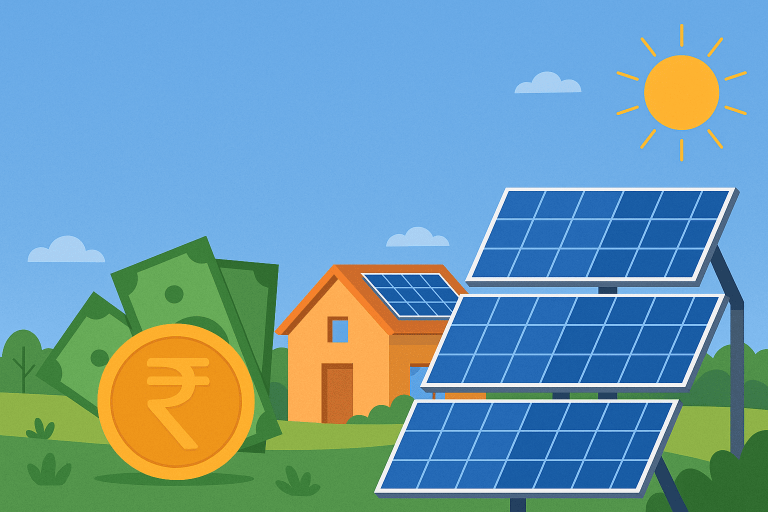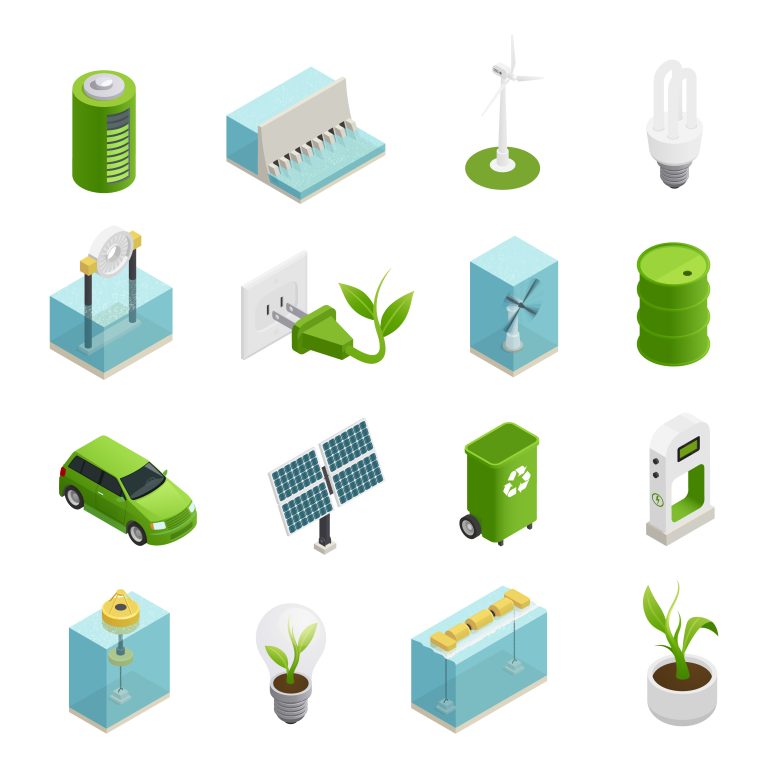To make a sound investment, evaluate if solar energy is right for your home as not every home is ideally suited for solar.You need to understand your home’s compatibility to :
- Help you save money
- Optimize energy generation
- Maximize the system’s lifespan.
Importance of Evaluating Solar Compatibility Before Investing
- Cost Efficiency: Evaluating compatibility ensures you maximize energy output and get a quicker return on investment as solar panels are a significant upfront investment.
- Energy Efficiency: A well-suited home will generate enough power to meet energy needs, while homes with low compatibility may see limited benefits.
- Longevity of Installation: Installing panels on an unsuitable roof may lead to frequent maintenance, roof damage, or less energy production than expected.
- Environmental Impact: Solar is more sustainable when used effectively. A home well-suited for solar reduces its carbon footprint more efficiently.
Key Factors to Evaluate Solar Compatibility
Here’s a step-by-step guide to assessing if your home is compatible with solar energy:
- Roof Orientation and Tilt:
- Orientation: In the Northern Hemisphere, south-facing roofs are optimal as they get the most sunlight throughout the day. East- or west-facing roofs can also work, but their efficiency may be slightly reduced.
- Tilt: The angle of your roof impacts how much sunlight the panels receive. Most solar providers can adjust panel angles for maximum exposure, but a moderately angled roof is ideal.
- Roof Size and Layout:
- Available Space: Check if your roof has enough unobstructed space for panels. A smaller roof or a roof with multiple angles may limit how many panels can be installed, reducing output.
- Shape: Complex roof shapes may have fewer suitable spots for panels, and installation can be more challenging and costly.
- Roof Condition and Age:
- Solar panels can last 25-30 years, so it’s best to have a strong, recently repaired roof. If your roof is nearing the end of its life, consider replacing it before adding panels to avoid the need to dismantle and reinstall them.
- Shade and Obstructions:
- Solar panels are most effective with direct sunlight. Large trees, nearby buildings, or chimneys casting shadows on your roof can reduce panel efficiency. While some shading is manageable, significant shading can severely impact performance.
- Assess shading patterns throughout the day to determine if trees need to be trimmed or if panels would need to be installed in specific spots.
- Local Climate and Weather Patterns:
- Sunny Days: Areas with lots of sunny days generally yield better energy production. Cloudy climates will still produce solar energy, but at reduced efficiency.
- Seasonal Changes: Energy production varies with seasons, being higher in sunnier months. Homes in locations with mild to moderate seasonal variation are ideal.
- Snow and Storm Resistance: Solar panels are designed to handle various weather conditions, but in snow-prone areas, panels may get covered, impacting winter production. In hail-prone areas, more durable panels may be required.
- Household Energy Needs and Usage Patterns:
- Review your electric bills to see how much energy you consume each month. This helps determine the system size you’ll need.
- If your home has high energy demands, especially during the day, a larger or more advanced system may be necessary.
- Incentives, Rebates, and Financial Feasibility:
- Investigate federal, state, and local incentives, as these can significantly reduce the initial investment cost.
- Calculate potential savings on energy bills over time to assess your return on investment.
- Consult a Professional Assessment:
- For the most accurate evaluation, consult with a reputable solar installation company that can analyze your roof, provide shading simulations, and estimate energy output.
- Many installers offer a “site assessment” where they use specialized tools to determine exact compatibility.
By carefully evaluating these factors, you can confidently determine if solar energy is a viable, cost-effective, and environmentally friendly option for your home. To ensure you make the right decision, it’s crucial to work with a trusted solar provider that thoroughly assesses all these aspects before planning your solar installation.
Rich Phytocare, one of the best solar companies in India, specializes in evaluating roof compatibility, energy needs, and local conditions to provide tailored solar solutions for your home. With their expertise, you can transition to solar energy with confidence, knowing you’re making a smart investment for your future and the planet






